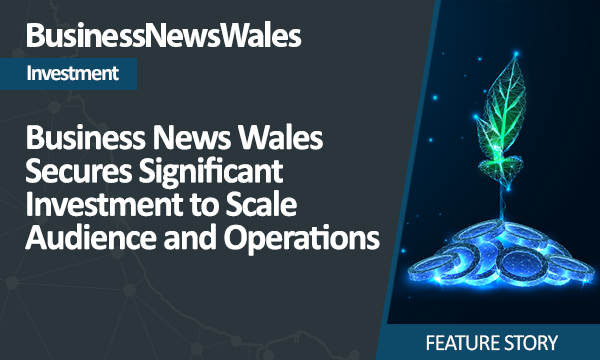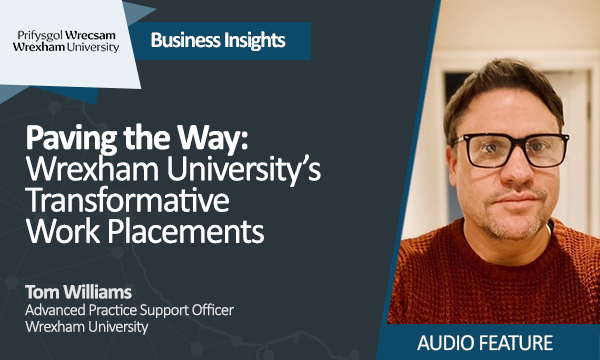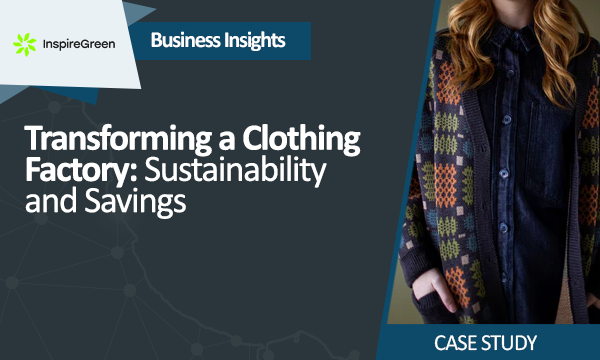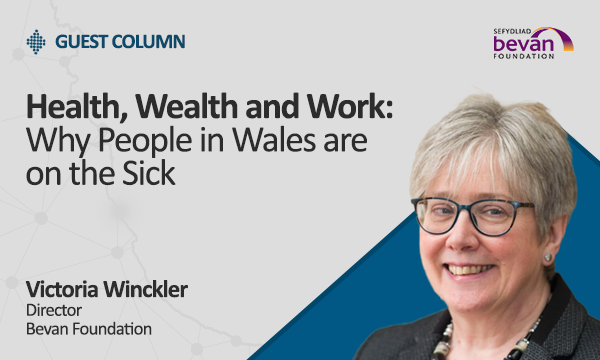
Written By:
Ian Price
Director
CBI
___________________________________________________________________________________________________________________________
Coming into the new year, businesses across Wales are feeling cautiously optimistic in what promises to be a defining year for politics and the economy.
First Minister Mark Drakeford’s resignation 13 days before Christmas was a surprise to many and has triggered a Labour leadership election campaign. The winner, who will be elected as new First Minister before Easter, certainly won’t be short of items on their ‘things-to-do list.’
Throughout the leadership contest, CBI Wales will engage with both candidates,’ to ensure that the views of the business community are high on their personal manifestos. Supporting firms through a period of low economic growth and willingness to utilise all of the devolved policy levers available are the key tests business will apply to aspiring first ministers.
Keeping business rates low will support firms that have struggled with high energy bills and the rising costs of materials. Existing policies such as free childcare must be maintained or expanded to encourage people, particularly women, back into the workplace as firms are desperately need more skilled staff. We need Welsh firms to be continuing to use the UK’s Employee Assistance Programmes to support those in work with ill health or other conditions, such as Musculoskeletal conditions.
Connectivity remains a big issue for Wales. Not just in terms of road and rail but speeding up grid connections too. If we want Wales to compete with the world’s best, to achieve our climate objectives and build a sustainable economy, we need a First Minister that will work effectively with the UK Government to achieve those goals.
Any incoming First Minister will also face longer-term decisions to maximise Wales’s incredible strengths as a destination for investment. Roger Maggs, the Chair of the Milford Haven Neath Port Talbot Freeport, recently wrote in Business News Wales that the Welsh and UK governments needed to approve the project’s business case to ensure the swift delivery of the project. They must work closely to ensure the sites in south Wales, and on Anglesey, take shape rapidly.
Wales needs to win a share of the UK green investment prizes that the CBI believe could be worth between £37bn-£57bn by 2030. We’ve seen the potential offered by the decarbonisation proposals at Tata Steel in Port Talbot, although we must acknowledge the uncertainty about how many employees will be retained. To take full advantage of green growth opportunities, we must ensure that business and government work together to provide effective upskilling and retraining routes for all local workers.
The myriad of companies located in the south Wales innovation clusters shows the importance of tech and innovation. In north Wales, the advanced manufacturing processes and skills clusters around the Airbus factory provide a good example of what can be achieved with long-term investment.
The next First Minister must maintain funding for apprenticeships and flexibility should be maximised to allow employers, government and providers to equip young people with skills. Welsh businesses are concerned about a lack of funding in colleges for apprenticeship training. We want the Welsh and UK governments to ensure firms that qualify for the Apprenticeship Levy in England can spend more of their funds on the development of a skilled Welsh workforce.
Wales’s new leader must prioritise listening to business and ensuring that his government’s decisions are clear and consistent. Businesses want long-term clarity and policy consensus as they forge ahead with investment. The Scottish Government’s Deposit Return Scheme was an example of a flawed policy that caused firms’ disruption and unnecessary costs, regardless of its good intentions.
The next First Minister will be expected to lead his government into the next Senedd elections in May 2026. It will be a prolonged period to support businesses as they recover from the impacts of COVID, flat growth, skills shortages and low productivity.
Changes in political leadership frequently offer opportunities for economic renewal and a refocusing of efforts. The new devolved administration’s relationship with the UK Government in Wales, whichever party will be in charge after the General Election, will be crucial to that economic success.
Last month’s draft Budget showed that tough decisions are needed amid a squeeze on public finances, and the Welsh Government was right to prioritise protecting the vulnerable and others in need across society.
But the next First Minister will need to deliver sustainable growth, resilience and opportunity as we close in on the mid-way point of the 2020s. Businesses want the second half of the decade to bring growth and prosperity to the economy and communities across Wales.













